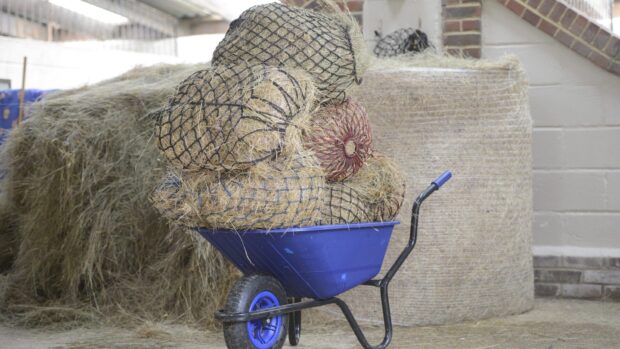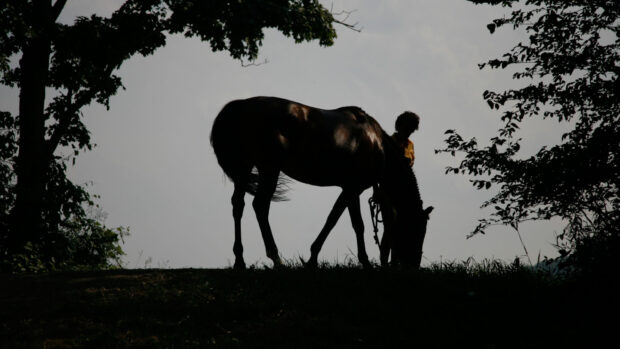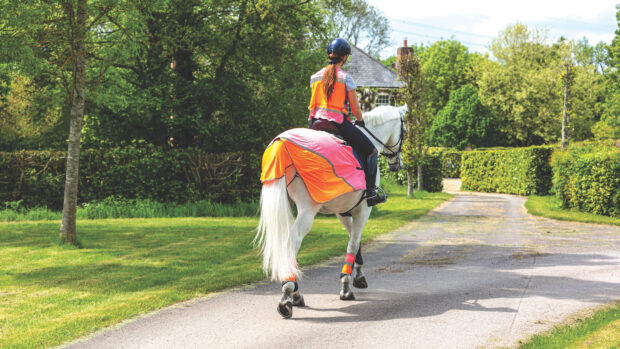British Equestrian Federation publishes consultative paper on the compulsory passport scheme for all horses
The British Equestrian Federation’s (BEF) consultative paper on equine passports is now available on its website at www.bef.org.uk.
The document outlines how the passport scheme will be implemented, although it is not yet set in stone. The paper is described as a “dynamic document which will be amended according to the comments received by the BEF over the next few weeks.”
How the scheme will work
A group of 53 passport-issuing authorities, ranging from breed societies to the British Horse Society and the BEF itself, will feed information recorded on the passport to a two-part central database made up of:
- Central Disease Surveillance Register
- National Sport and Recreational Horse Breeding Database (NSRHBD)
Only DEFRA will have access to the disease surveillance data, but all bodies submitting breeding, competition and performance data to the NSRHBD will be able to access those records. Individuals will have to pay afee to access the breeding and performance data.
A BEF spokesman commented: “Once established, the NSRHBD will incorporate valuable breeding and performance data across many breeds and sports. People will be able to access comprehensive information, specific to their needs, from one source, via the internet.”
The passports will contain identification (including the unique lifetime identification number) and breeding details, plus a record of vaccinations and details of any laboratory health tests for transmissible diseases.
A section on medical treatment will be included, which will allow the owner to state if the animal is not intended for human consumption. If the horse is intended for human consumption, the date of its last treatment with certain drugs must be stated. Some existing passports already contain this information.
Many aspects of the scheme are still to be clarified – including the cost. A BEF spokesman said thatcurrent passport costs are the responsibility of the issuing organisations and that it is likely that this situation will remain.
The issue of how the scheme will be applied to semi-feral horses, is also still under discussion, as is the possibility of a simpler system for riding school and purely recreational horses, for which much of the data in the standard passport is irrelevant.
Following the consultation period, an amended planning document will be presented to DEFRA on 30 June.
|
Read the full story in Horse & Hound (25 April), or click here to subscribe and enjoy Horse & Hound delivered to your door every week. |



